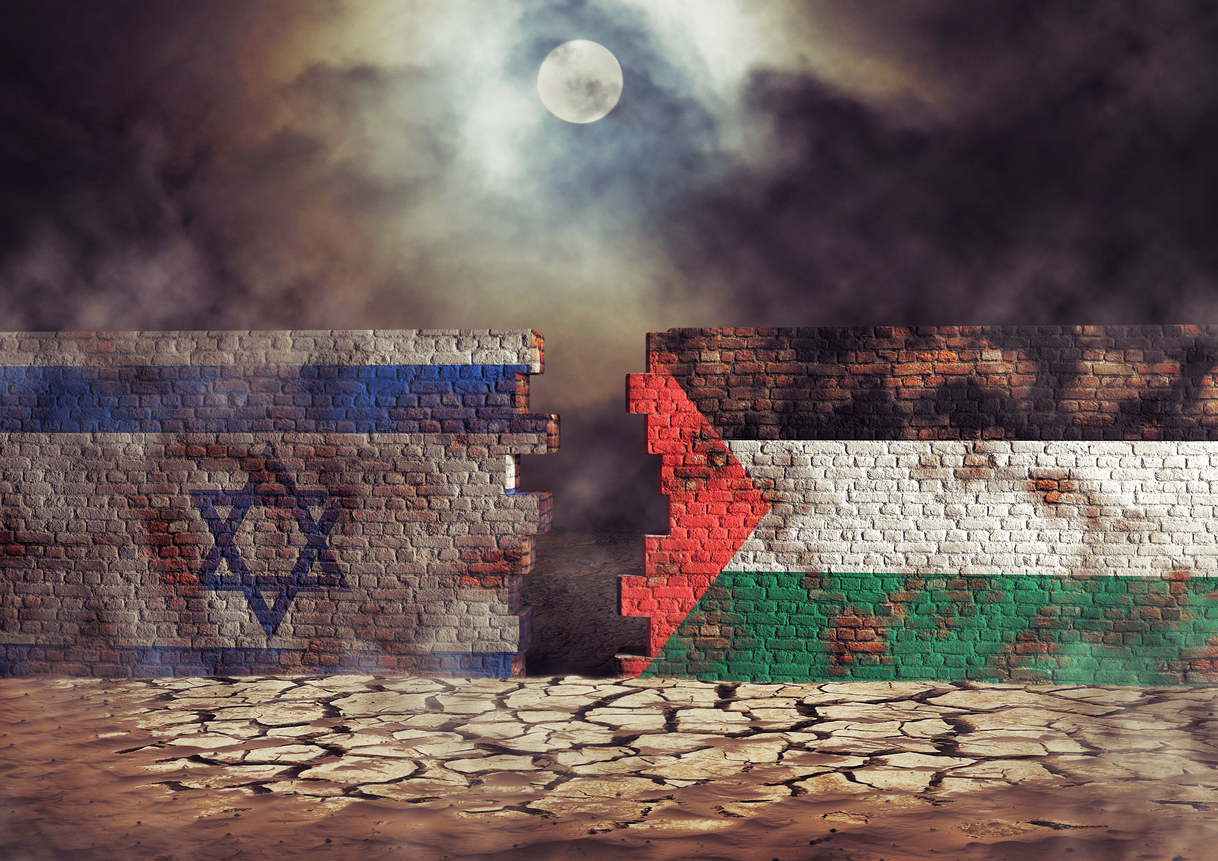Australians have been assured by the Albanese government of greater transparency and accountability on defence. So soon after the 2022-23 parliamentary inquiry into how the country goes to war, that has already fallen over.
The promised parliamentary debate before a deployment to overseas conflict hasn’t been held. The dispatch of an undisclosed number of ADF troops and three or more aircraft to a war zone, announced on 25 October, is the first by this government. If I’m right, it is the first by Labor since Hawke’s contribution to Gulf War I. It sets a bad precedent.
Australians have been told precious little about it: not if the ADF is to do more than evacuate Australians and rescue Australian hostages, or if they are to stay on longer, and if so, do what. They are ‘additional’ to those already there, about whom most Australians knew nothing either. The new deployment is a ‘precautionary measure’, Defence Minister Marles declared: but for what? A wider war?
Australian ministers who claim transparency could learn from Israel’s defence spokespeople about how to communicate a war story. The Israeli message, in all its nastiness, has been consistent during all the past wars against the Palestinians: always about the IDF’s right to self-defence inside and outside Israel, about the Jews’ God-given homeland being the only one they have, and about not giving in to terrorists. After decades of practice, it rolls out unrehearsed, as war follows war. Being liked or hated doesn’t matter, as long as they are feared – oderint dum metuant, as much earlier colonisers used to say.
Israel is different from Australia in that Tel Aviv always fights to protect what it has and to get more. It says so openly. Australia usually fights to protect its allies’ interests in the hope that they will protect what we have. Canberra reveals nothing that might put the Americans off side. Israel is certain of US support: Australia is not.
But there’s a similarity as well. Israel colonised Palestine, with British and later American support, and then shrank the Palestinian territories to a series of enclaves. Britain colonised Australia, and the settlers then pushed Indigenous people back and shrank their territories. It’s true, some native title has now been peaceably restored, and Australia isn’t the apartheid state that some have called Israel. But the statements we heard during the Voice campaign and since were about more than land. Some No voters sounded like Israeli settlers. The unclosed gap in living standards between First Nations people and other Australians has some reflection with the harsher inequality between Israelis and Palestinians.
Prime Minister Netanyahu’s latest statement broke new propaganda ground when he called Israel’s war a ‘holy mission’, and urged Israelis (among whom his popularity is low) to recall the biblical instruction to them to ‘remember what Amalek has done to you’ (Amalek being the descendants of Esau: I Samuel 15:3). The text tells the Israelites: ‘Now go and smite Amalek, and utterly destroy all that they have, and spare them not; but slay both man and woman, infant and suckling, ox and sheep, camel and ass’. That explains everything. Religious wars are the worst, because rationality does not apply.
Netanyahu’s basic concern, however is not a holy mission but his own survival. Hence, perhaps, the patriotic timing of the war on the 50th anniversary of the Yom Kippur massacre.
That opens up questions about whether Israel was caught unawares, what they knew, and what they let happen. Lies are flying thick and fast, but speculation at present divides over two answers. First: that with its great intelligence capacity, Israel knew for perhaps two years what Hamas was planning, and let it go ahead, even at the expense of Israeli hostages and deaths. This would permit decisive retribution against Hamas, and expulsion of the whole population of Gaza. Second: that the Hamas outbreak was a genuine surprise, to which Israel, after a pause to retrieve hostages, and urging non-Hamas Palestinians to flee to the south, would kill all who didn’t, and destroy whatever was left. The result of both is the same: Gaza is Israel’s.
Our own government Ministers don’t help by keeping Australia uninformed.
We had to learn last week from Greens Senator David Shoebridge that 350 permits for defence exports to Israel were approved in the last five years, 50 of them in 2023. Greens Leader Adam Bandt said these exports must cease, warning that they make Australia complicit in Israel’s war crimes in Gaza.
This war poses Australia with the same three questions as every war:
What is it about?
The latest Israel/Palestine conflict is about the 75 year-old contest over territory and religion, which international intervention and advocacy have never resolved. Australia, whether by falling to one side or the other of the political fence, or sitting on it, can make no difference to the outcome.
How does it affect Australian interests?
The latest war affects Australia now that we are, apparently, involved in it by our existing and new ADF deployments and weapons exports. It will really impact on Australia if our further military support is called for, and if the war widens into Lebanon or Iran. Our position affects our international reputation, and our future reliance on international law in our own region.
What should we do about it?
Interests long vested in Israel’s war against ‘terrorists’ affect Australian politics, media, and civil society. Palestinian Australians have recently matched those with their own protests.
The Albanese government, having revived its tentative move towards endorsing Palestinian statehood, should call for an immediate ceasefire and not abandon its commitment to Palestine by joining Israel’s illegal war of collective punishment.
Article updated November 8, 2023.
Dr Alison Broinowski AM is a former Australian diplomat and a member of Australians fr War Powers Reform

